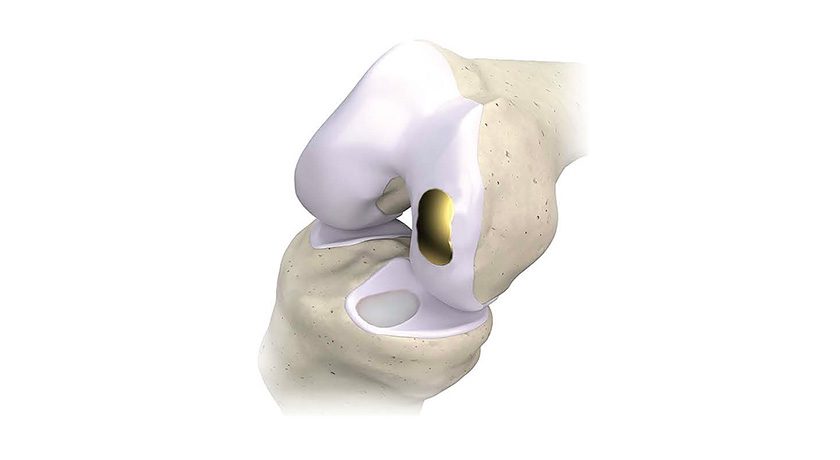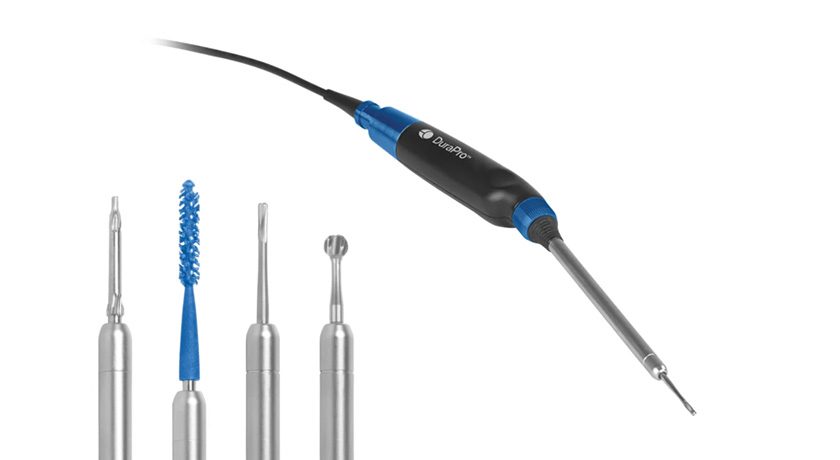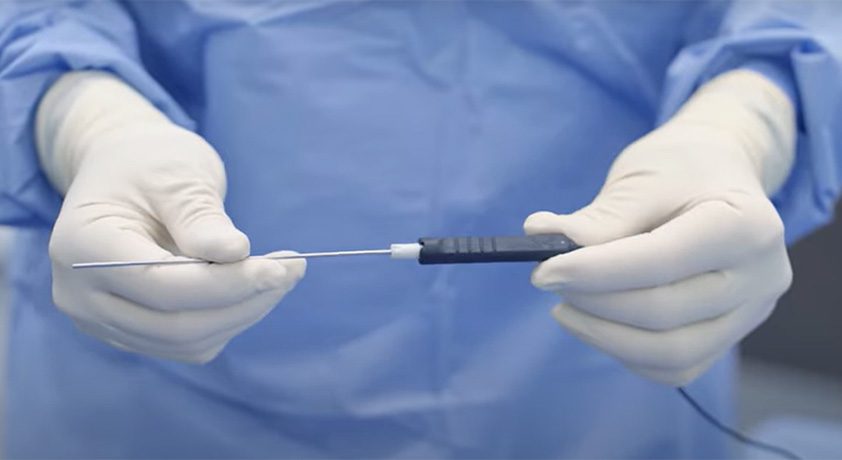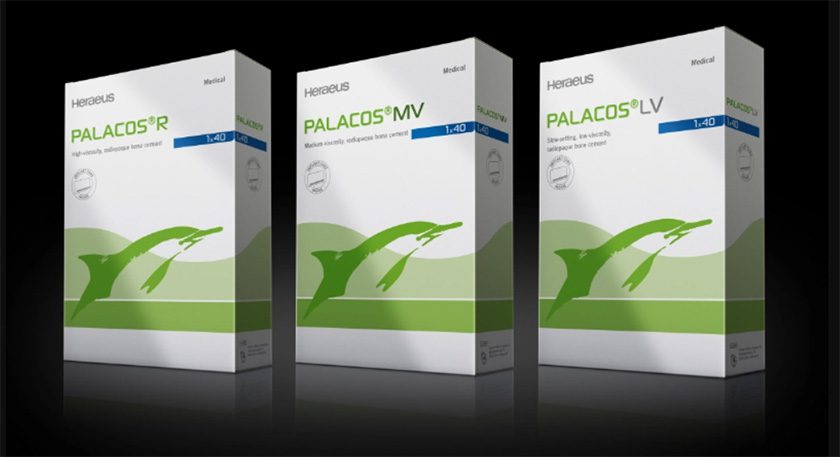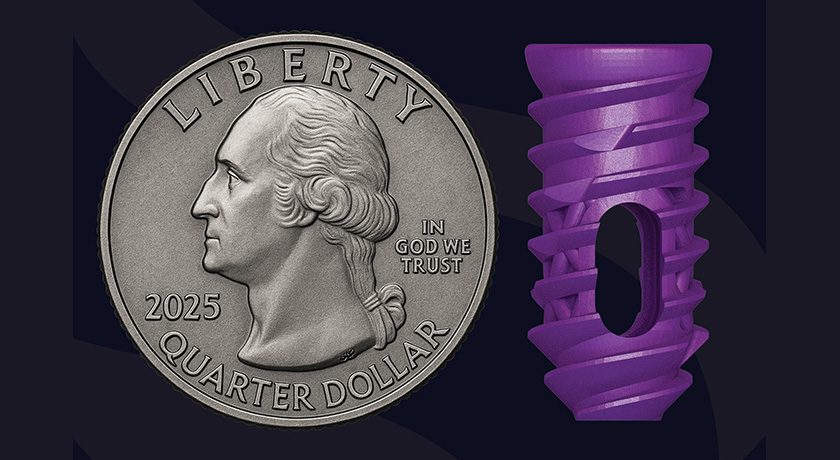
 Copy to clipboard
Copy to clipboard 
Regentis Biomaterials received FDA Investigational Device Exemption approval to initiate a pivotal Phase III clinical study of its GelrinC procedure to treat focal knee cartilage defects. The study will support a Premarket Approval Application for U.S. commercialization.
“Gaining IDE approval is a significant step forward for Regentis and brings us that much closer to helping US patients recover from damaged articular knee cartilage,” said Regentis President and CEO Alastair Clemow. “GelrinC has been shown to effectively regenerate high quality cartilage, a key challenge in treating these kinds of knee injuries. GelrinC has already demonstrated excellent clinical outcomes in our European study, and we look forward to substantiating these results in the U.S.”
The procedure administers a liquid that fills any size and shape of defect. After a short exposure to ultra-violet light, the GelrinC liquid converts to a solid implant, filling the lesion. The implant naturally degrades within six to 12 months and is gradually replaced with functional cartilage.
The trial will evaluate the safety and efficacy of GelrinC compared to the raw level data of a historical microfracture control arm.
The product received CE Mark approval in 1Q13. Studies reported later that year revealed that GelrinC in the treatment of articular knee cartilage injury demonstrated sustained functional improvement at two years and significant pain reduction.
Sources: Regentis Biomaterials Ltd.; ORTHOWORLD Inc.
Regentis Biomaterials received FDA Investigational Device Exemption approval to initiate a pivotal Phase III clinical study of its GelrinC procedure to treat focal knee cartilage defects. The study will support a Premarket Approval Application for U.S. commercialization.
"Gaining IDE approval is a significant step forward for Regentis and...
Regentis Biomaterials received FDA Investigational Device Exemption approval to initiate a pivotal Phase III clinical study of its GelrinC procedure to treat focal knee cartilage defects. The study will support a Premarket Approval Application for U.S. commercialization.
“Gaining IDE approval is a significant step forward for Regentis and brings us that much closer to helping US patients recover from damaged articular knee cartilage,” said Regentis President and CEO Alastair Clemow. “GelrinC has been shown to effectively regenerate high quality cartilage, a key challenge in treating these kinds of knee injuries. GelrinC has already demonstrated excellent clinical outcomes in our European study, and we look forward to substantiating these results in the U.S.”
The procedure administers a liquid that fills any size and shape of defect. After a short exposure to ultra-violet light, the GelrinC liquid converts to a solid implant, filling the lesion. The implant naturally degrades within six to 12 months and is gradually replaced with functional cartilage.
The trial will evaluate the safety and efficacy of GelrinC compared to the raw level data of a historical microfracture control arm.
The product received CE Mark approval in 1Q13. Studies reported later that year revealed that GelrinC in the treatment of articular knee cartilage injury demonstrated sustained functional improvement at two years and significant pain reduction.
Sources: Regentis Biomaterials Ltd.; ORTHOWORLD Inc.

You are out of free articles for this month
Subscribe as a Guest for $0 and unlock a total of 5 articles per month.
You are out of five articles for this month
Subscribe as an Executive Member for access to unlimited articles, THE ORTHOPAEDIC INDUSTRY ANNUAL REPORT and more.
JV
Julie Vetalice is ORTHOWORLD's Editorial Assistant. She has covered the orthopedic industry for over 20 years, having joined the company in 1999.


